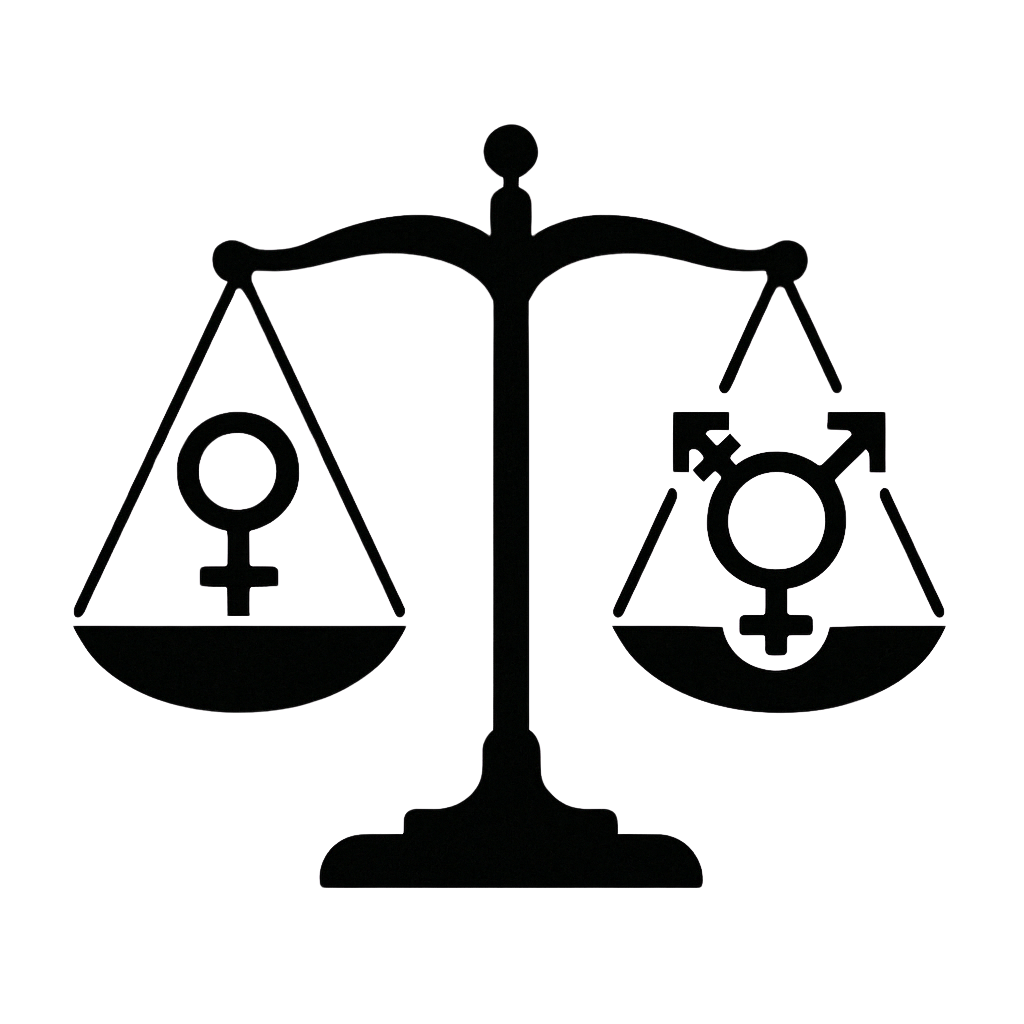
Official Statement from Diversity Scotland: the UK Supreme Court ruling on 16th April 2025 regarding the legal definition of a ‘woman’.
Diversity Scotland responds to the UK Supreme Court’s recent ruling on the legal definition of sex under the Equality Act. Our statement out
Official Statement from Diversity Scotland: The UK Supreme Court Ruling and the Equality Act
Diversity Scotland acknowledges the significance of the UK Supreme Court's ruling on 16 April 2025, which clarified that for the purposes of the Equality Act 2010, the protected characteristic of “sex” refers to biological sex. This judgment has generated considerable public attention and concern, particularly for trans, non-binary and intersex communities, and for the public bodies and employers working hard to uphold inclusive and legally compliant practices.
The ruling emerged from a specific legal challenge relating to the definition of “women” in the context of representation on Scottish public boards. The Court found that trans women with a Gender Recognition Certificate (GRC) could not be included in quotas intended for women, on the basis that sex in the Equality Act refers to biological sex. While the ruling is narrow in legal scope, its wider social, political and policy implications are substantial.
It is important to note that the Court did not redefine the term “women” in general or across all contexts. It did, however, reinforce a binary framework of sex in the application of the Equality Act, which raises new questions about how inclusion and protection are to be balanced in practice. Critically, the ruling did not mention non-binary or intersex people, and no trans voices or representative organisations were heard in the legal proceedings. That absence matters. We believe that legal clarity cannot come at the cost of community exclusion.
We are concerned that this ruling risks creating more confusion than clarity. For example, the judgment confirms that a trans man - even one with a Gender Recognition Certificate stating he is male - can be lawfully excluded from women-only spaces. This remains the case even if he presents unequivocally as male. This creates a clear contradiction. The very scenario the ruling seeks to prevent – namely, men accessing women-only spaces under false pretences – is not resolved by defining access solely by sex recorded at birth. If anything, it potentially creates a loophole whereby a predatory cisgender man could falsely claim to be a trans man in order to access women-only spaces. In short, the ruling does not remove the possibility of bad faith actors exploiting the system. It simply shifts the assumptions around who belongs where, and who must prove themselves.
We are also deeply concerned about the implications of this ruling being rapidly interpreted as policy. The recent announcement by British Transport Police that they will conduct strip searches according to biological sex, rather than gender identity, raises serious human rights concerns. It remains unclear how officers are expected to establish someone’s sex without breaching data protection law or the privacy provisions of the Gender Recognition Act. Such a move not only risks traumatising those subjected to search but could also place frontline officers in ethically untenable positions. We question whether any Equality Impact Assessment was undertaken before such guidance was introduced, and we remind all public bodies of their obligations under the Public Sector Equality Duty.
We also acknowledge the anxieties and lived realities of many women, some of whom supported the legal case due to a belief that existing legal provisions for women needed more clarity or definition in law. We recognise that not all those supporting the ruling are motivated by exclusion. Many are seeking clarity and safety. However, we do not believe that inclusion and safety are opposing goals. Rather, they must be jointly pursued, through consultation, community engagement and evidence-based policymaking.
This ruling does not remove trans people's legal protections under the Equality Act. Trans people remain protected under the characteristic of gender reassignment. However, the operationalisation of this ruling will raise new legal, ethical and administrative challenges for employers and public service providers. It must not be rushed. Policy changes implemented in the current environment of uncertainty risk breaching both individual rights and legal duties.
Diversity Scotland remains committed to working with public bodies, employers and communities to uphold dignity, inclusion and legal compliance. We believe this moment calls for clarity, care and collective leadership. We call on all institutions to centre the voices of those most affected – particularly trans, intersex and non-binary people – in any review of policy or practice.
We will continue to monitor developments closely and support our clients and partners to navigate this changing landscape with compassion, compliance and integrity.
Tony McCaffery
Chief Executive - Diversity Scotland
https://www.diversityscotland.co.uk/
For those seeking support, we encourage you to connect with organisations providing community-informed and trauma-aware services. These include:
LGBT Switchboard – https://switchboard.lgbt/ – 0800 0119 100
LGBT+ Foundation – https://lgbt.foundation/ – 0345 330 3030
MindLine Trans+ – 0300 330 5468 (8pm–midnight, Mon–Fri)
Black Trans Hub – https://www.blacktranshub.co.uk/
Scottish Trans – https://www.scottishtrans.org/
LGBT Health and Wellbeing (Scotland) – https://www.lgbthealth.org.uk/
Equality Network (Scotland) – https://www.equality-network.org/
Intersex UK – https://www.intersexuk.org/
LGBT Youth Scotland – https://www.lgbtyouth.org.uk/
Good Law Project – https://goodlawproject.org/resource/support-resources-for-trans/


.svg)

